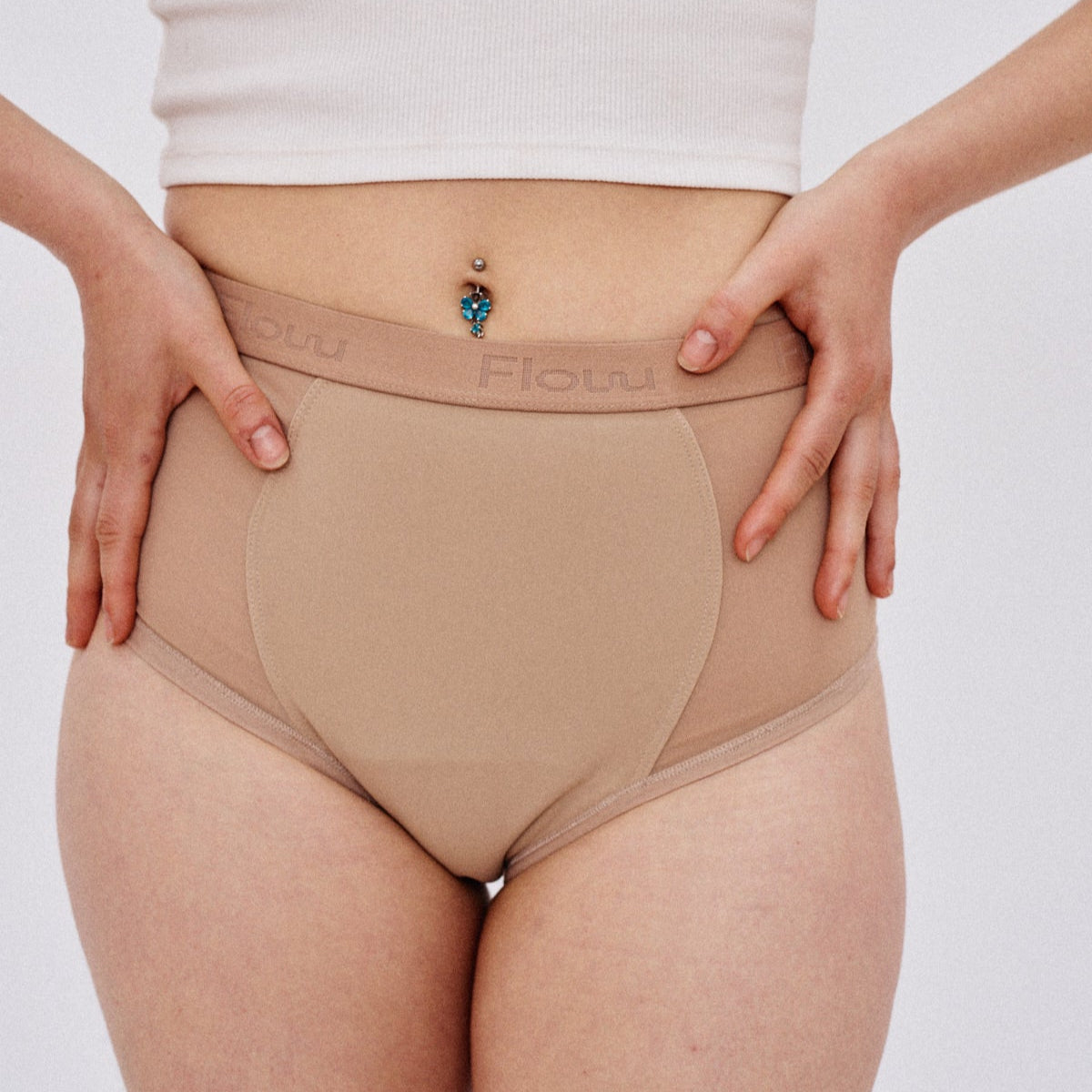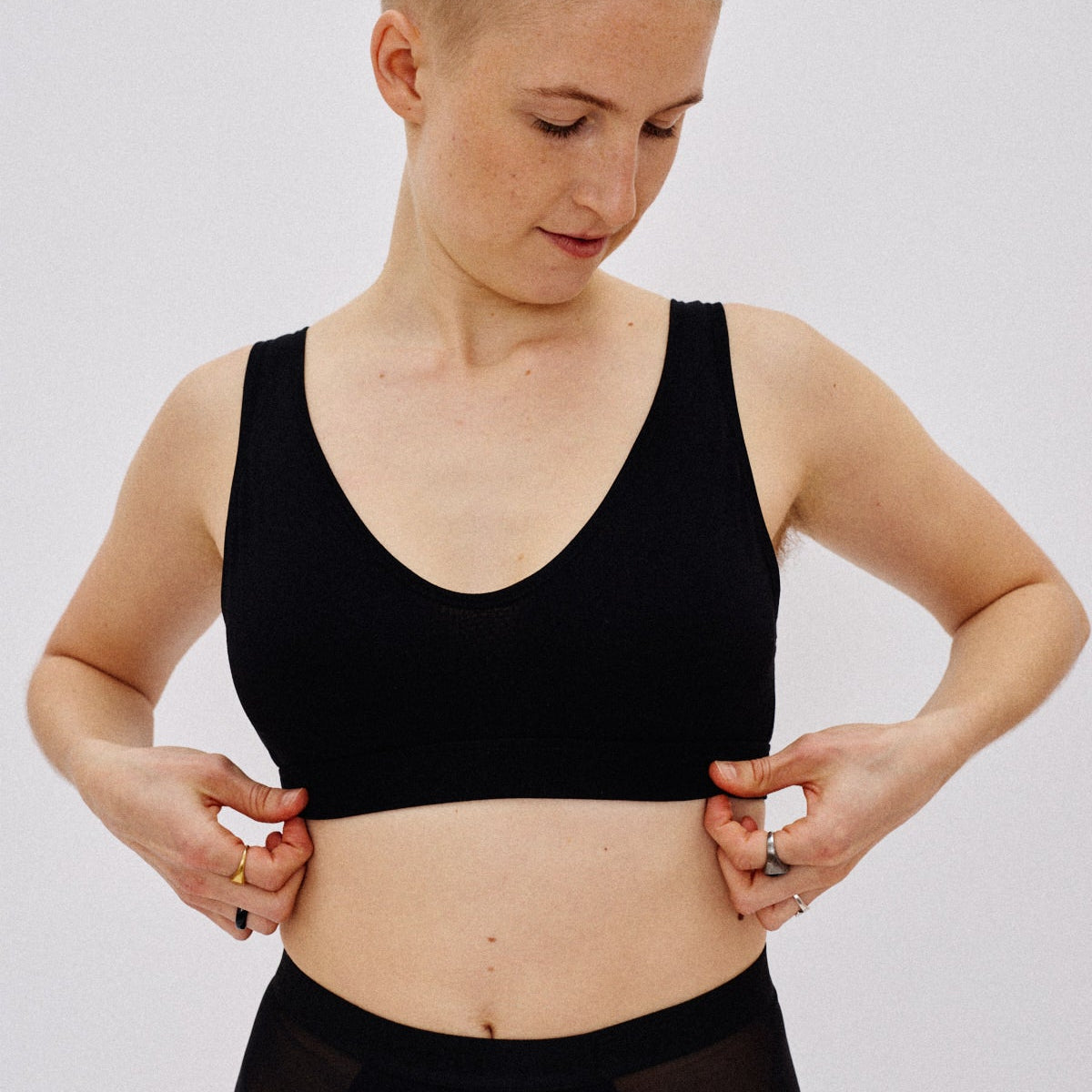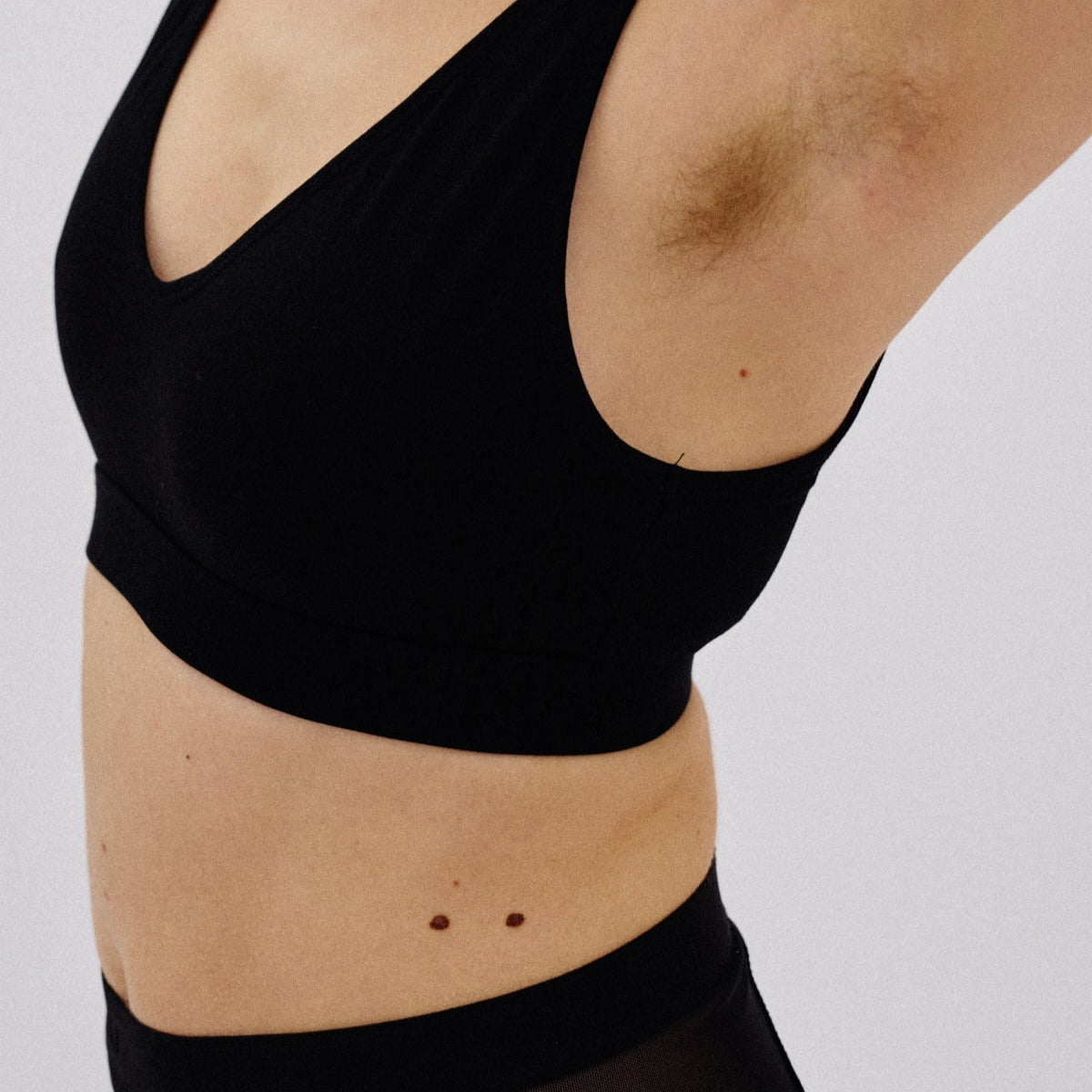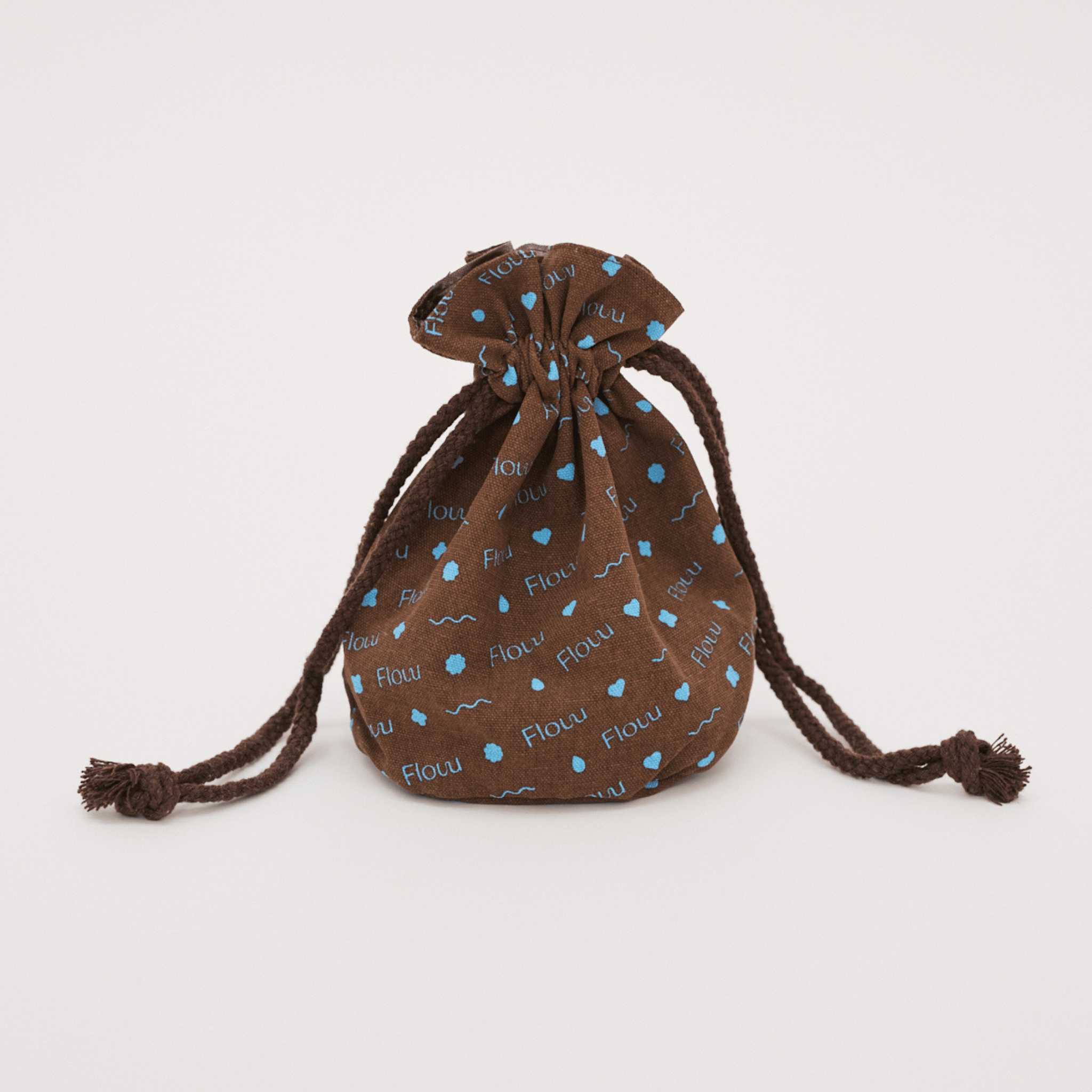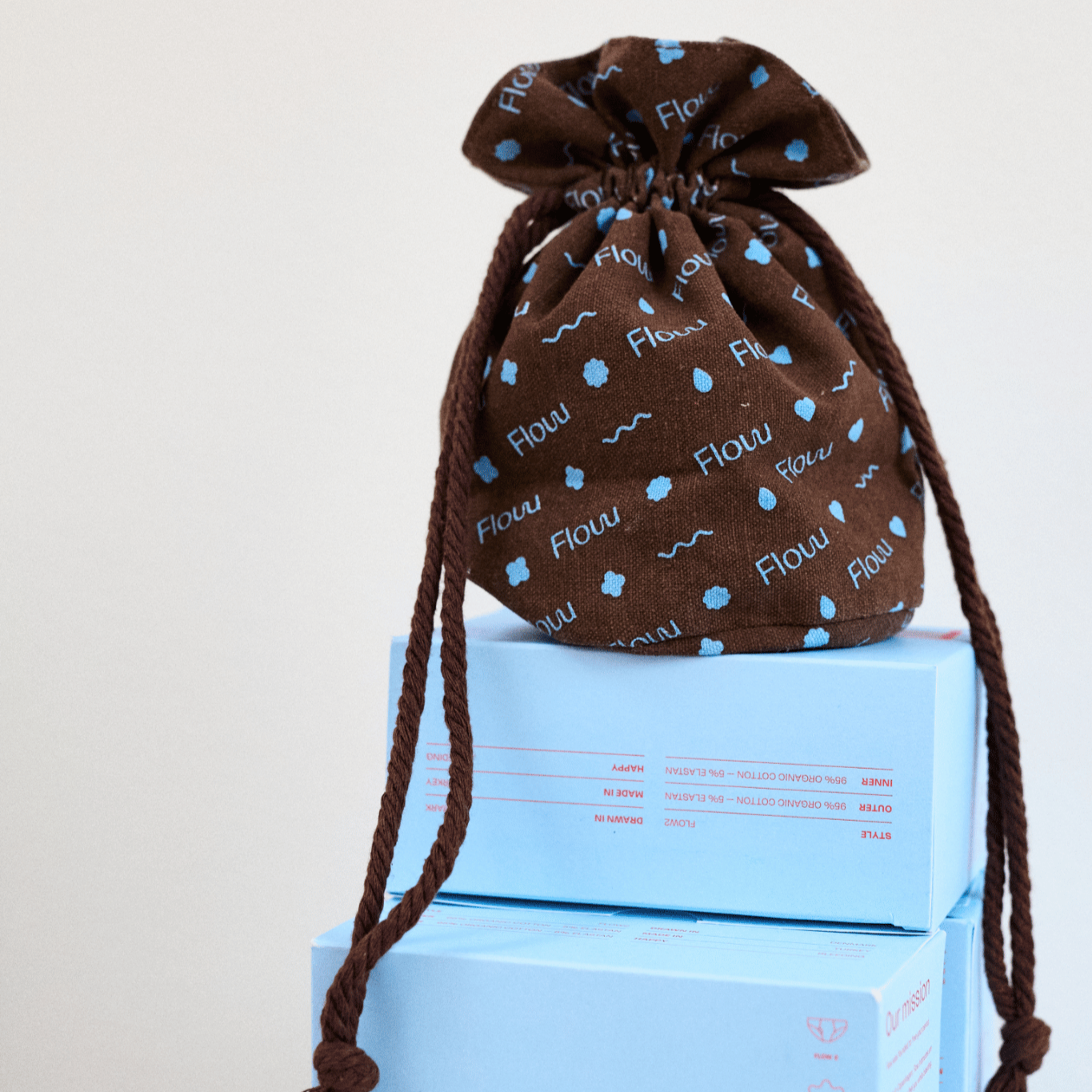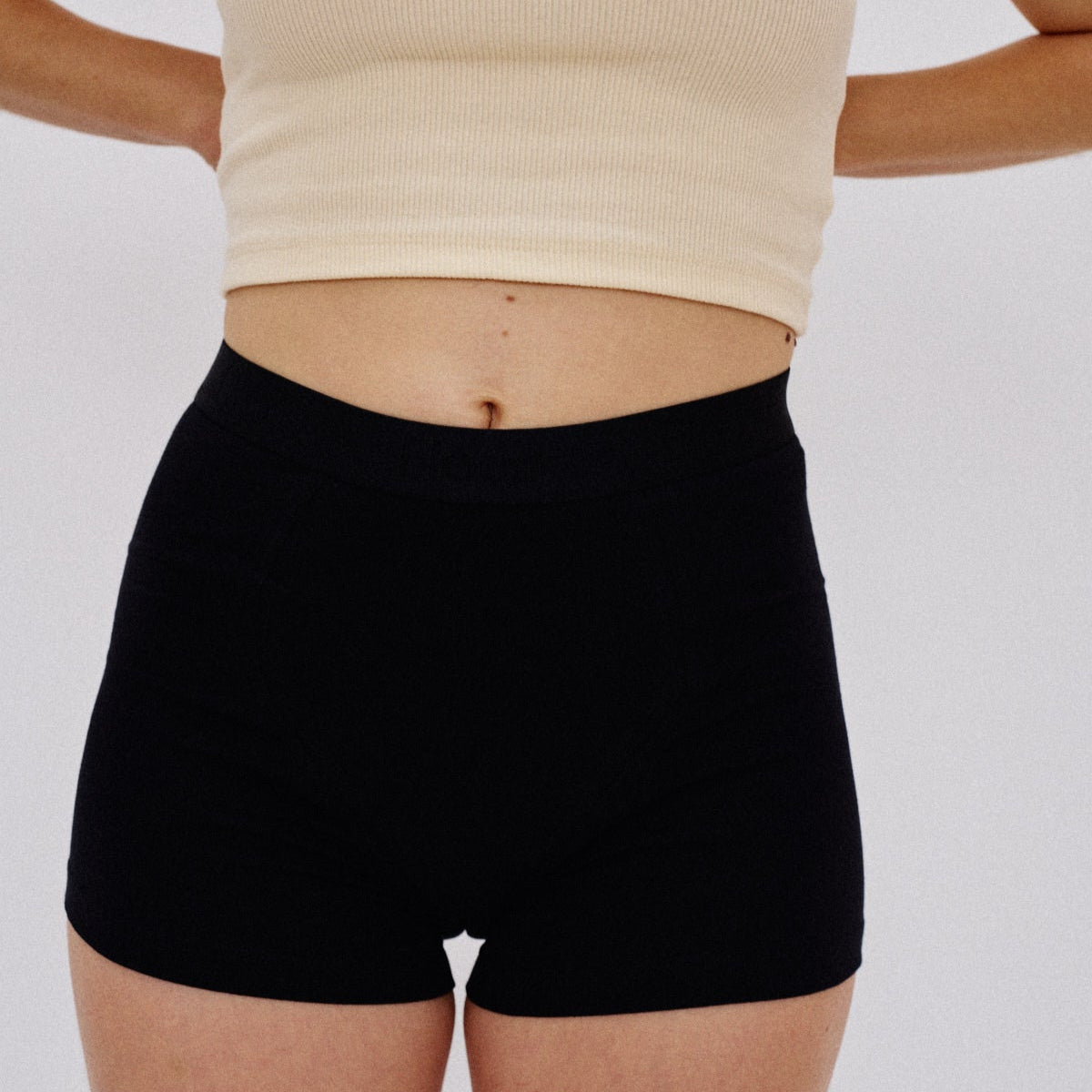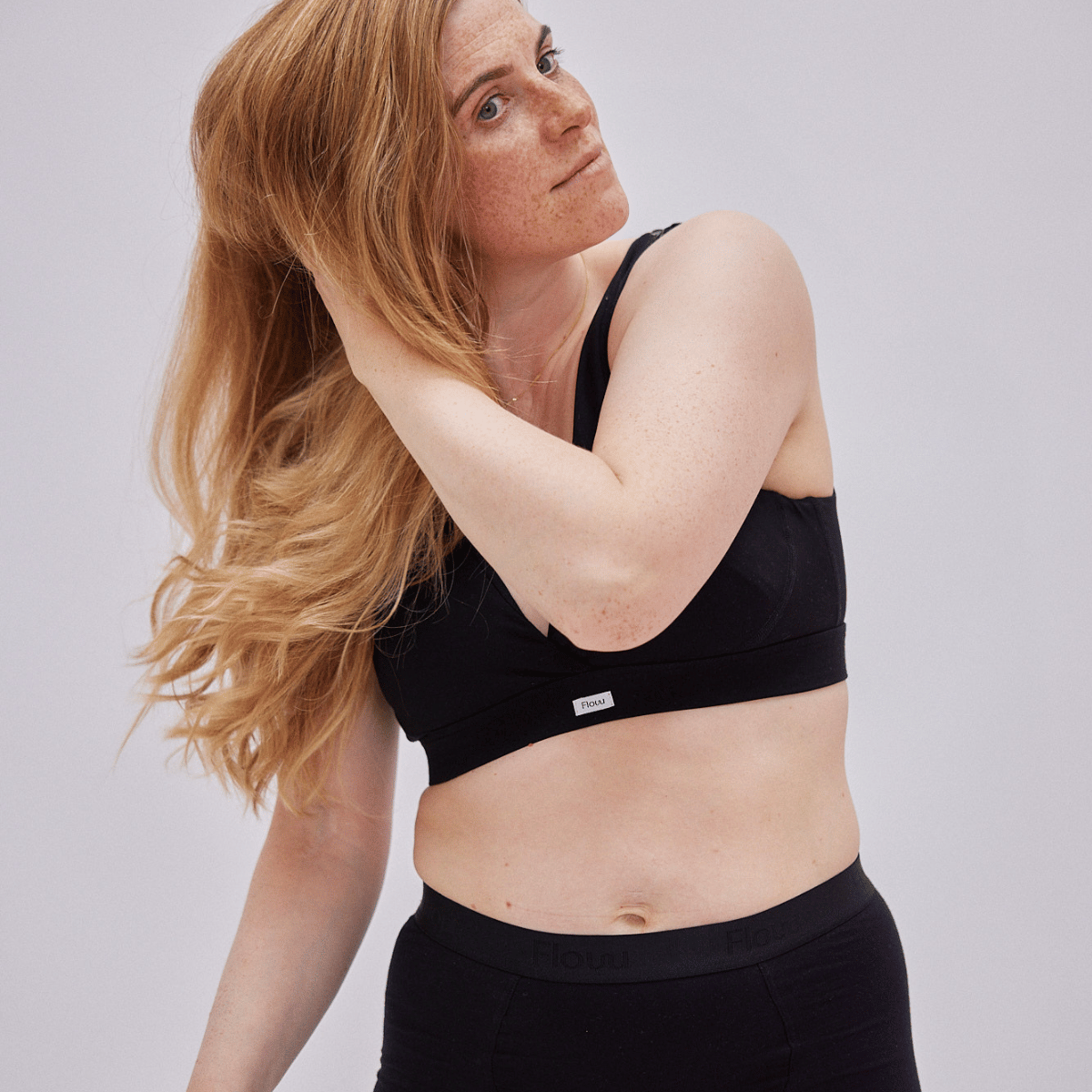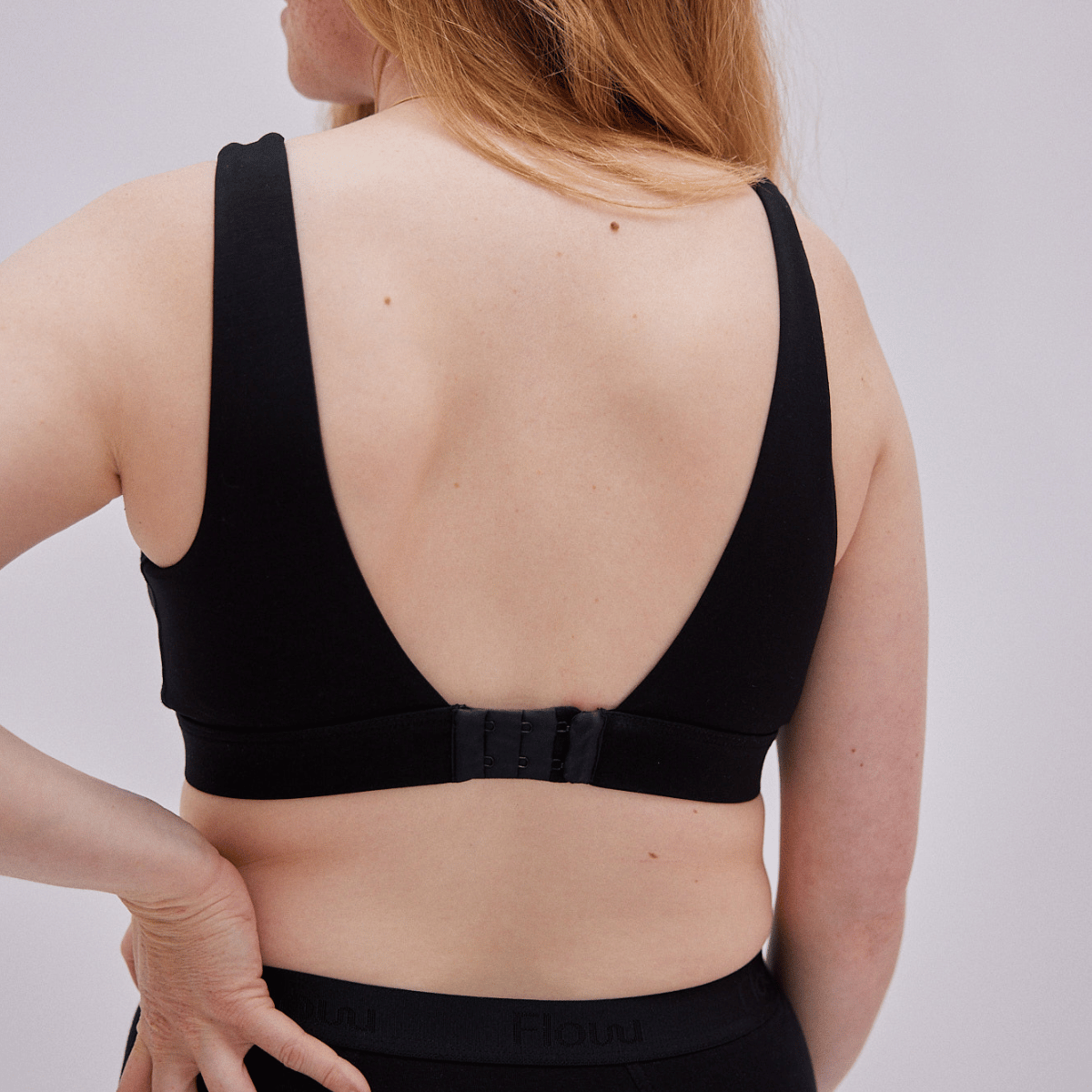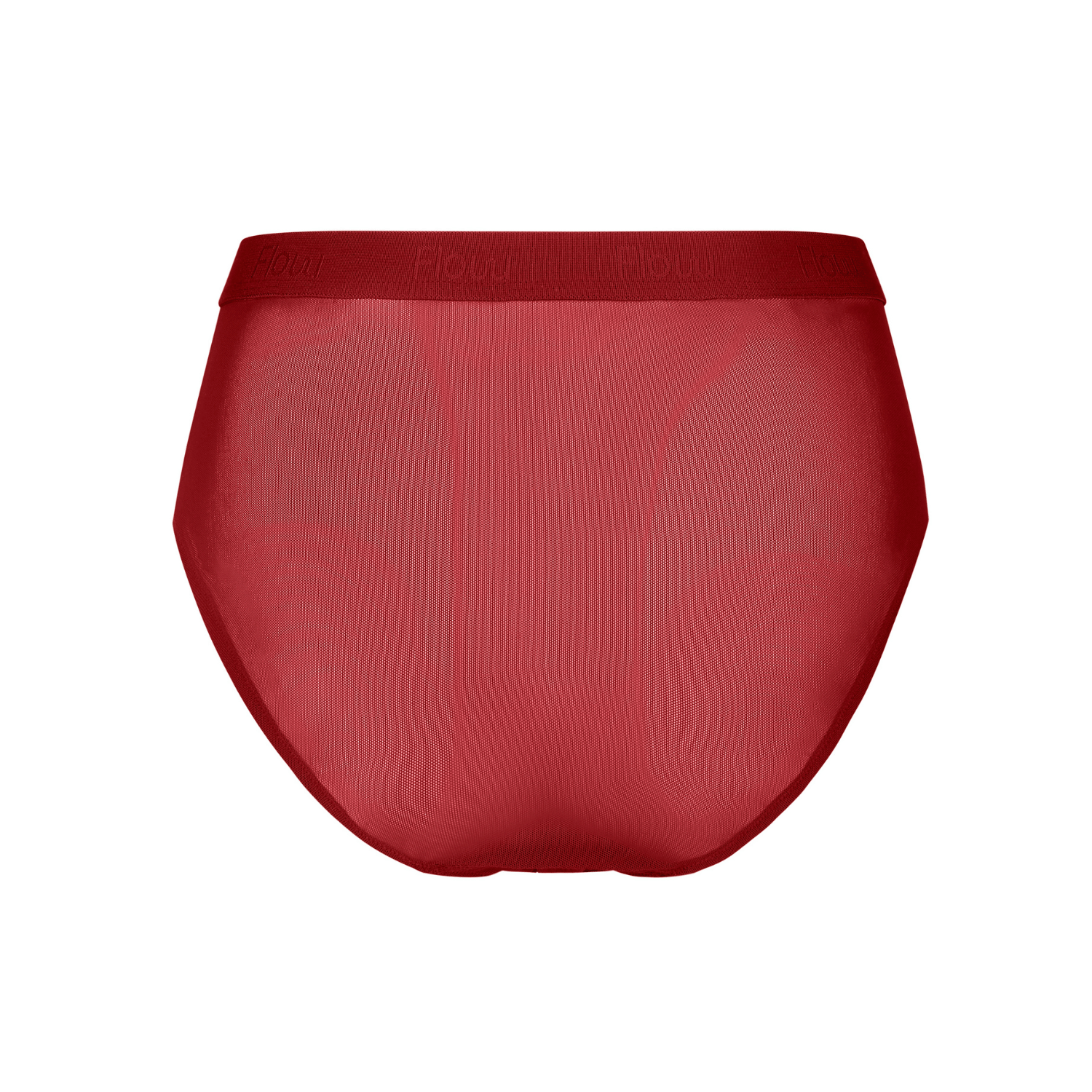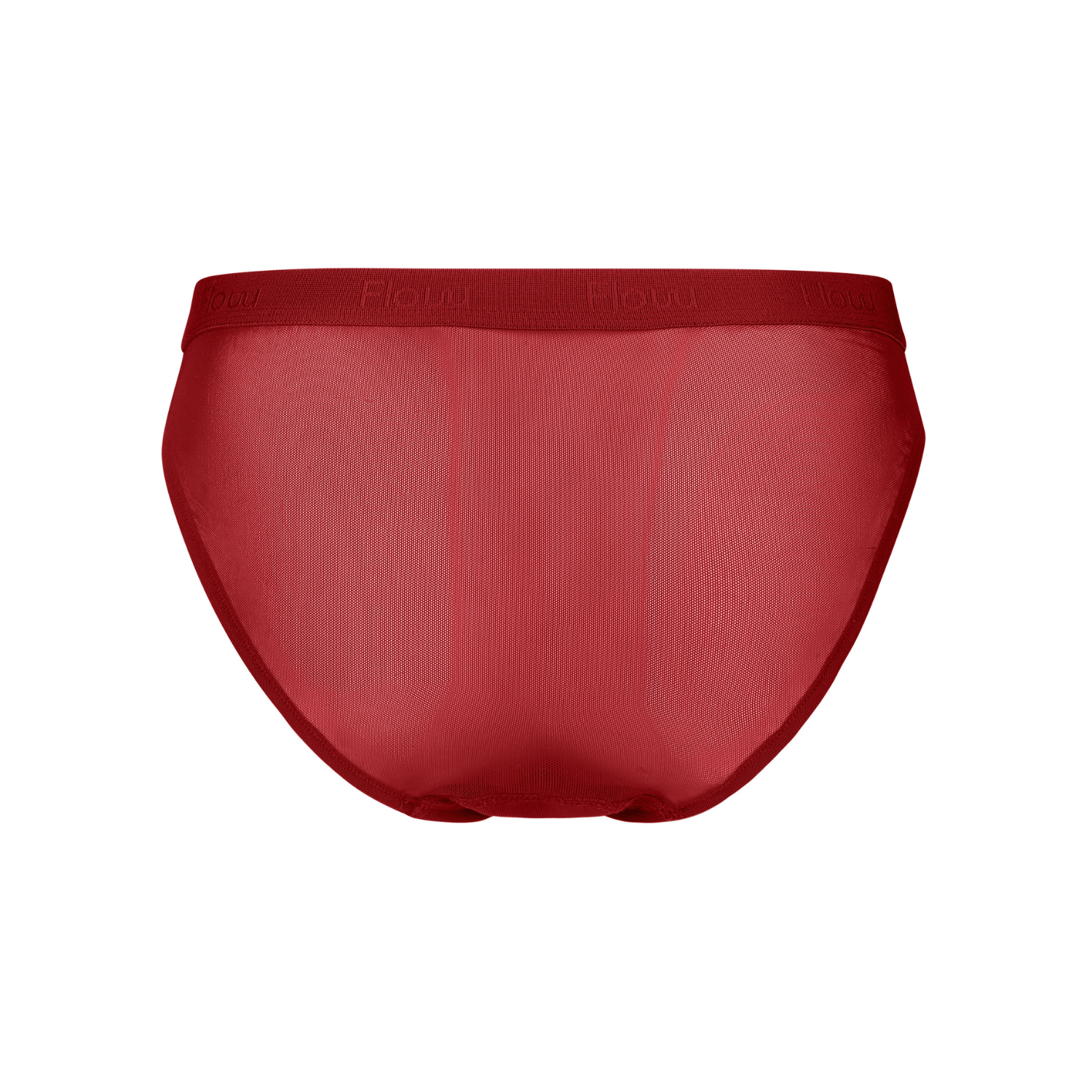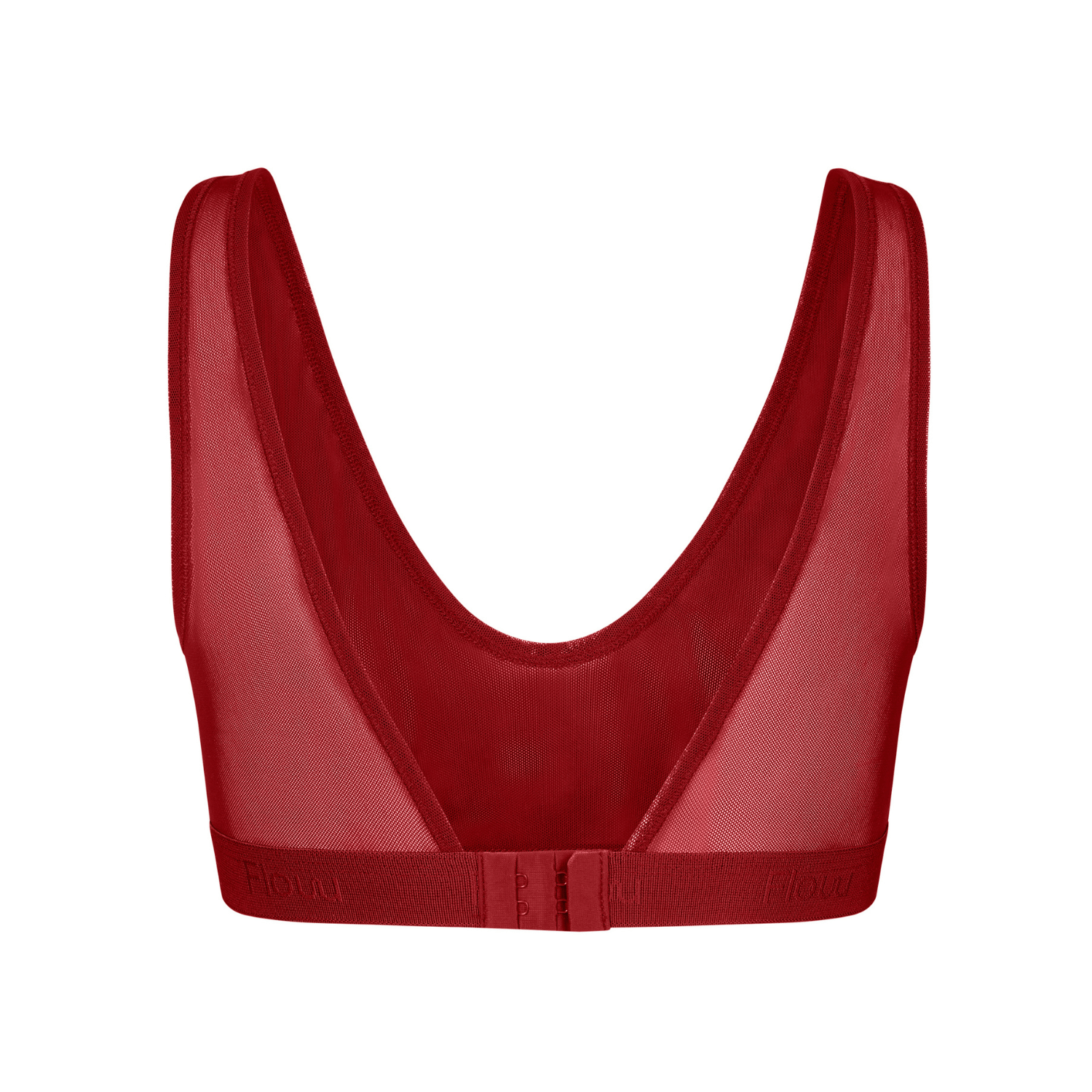Menstruation and fertility: Here's what you should know

Author: Emma Libner
When I had my first period, I was told - in the midst of the crisis of my new, bleeding reality - that now I had to be careful, because now I could get pregnant. Although I was nowhere near becoming one (I was 11), the words burned into my consciousness. My period and the certainty of why I had it was the start of a year-long fear of public toilets, because what if my abdomen grazed a toilet seat where a man had just sat? Would a sperm then jump into my uterus and make me pregnant?
As time went on, and the biology lessons caught up, I fortunately became wiser. But I still feel to this day that there is a lot we with a uterus still don't know about our own body and its ability to get pregnant. Questions like: “When can I get pregnant?” and "can I have sex during my period without getting pregnant?" often recurs in my conversations with not just young women, but menstruating women of all ages. So let's take a look at our fertility and menstrual cycle and get clear, shall we?
Ovulation occurs before menstruation
Biologically speaking, the very first menstruation - also called menarche - symbolizes that the body is now able to conceive. It often takes just a few cycles before your hormones and menstruation find their natural balance, but the point remains: You are now sexually mature.
Therefore, it is not surprising that menstruation in virtually all cultures symbolizes a form of transition from child to adult. Here at home it might sound a bit crazy when adults tell children who have just had their first period that they should "take care" in relation to boys, but in several places out in the world it is not far from the first bleeding to (forced ) marriage and children. There is no mistaking the connection between menstruation and fertility.
In reality, however, menstruation is only the visible sign that your body can now technically become pregnant. In order for us to have menstruation, there must first be an ovulation and thus an egg present which can be fertilized. When there is no date between the egg and the dreaded sperm cell on the toilet seat (it never does, by the way; it is physically impossible to get pregnant from sitting on a toilet seat), the egg perishes and is washed out with the uterine lining. You probably know this part of the cycle better as your menstrual bleeding*.
The fertile window determines when you can get pregnant
Contrary to what the myth of fertilization from the toilet seat suggests, it is not always so easy to get pregnant. Once the egg, which the sperm needs to fertilize, is out of the follicle - what happens when we ovulate - it has to happen quickly. The egg cannot survive very long on its own, so if fertilization does not occur within approx. 48 hours, the chance of a pregnancy passes. This also means that you can only get pregnant during the short period known as the "fertile window".
The fertile window refers to the time in a menstrual cycle when you have the best chance of getting pregnant. The length of the period is based on the total lifespan of the egg and sperm. Because sperm can survive for up to five days in the uterus, it is usually said that the fertile window lasts for five days up to ovulation plus the day of ovulation itself and the day after. Overall, the fertile window is therefore open for approximately seven days.
Can you get pregnant during menstruation?
Unlike what various cycle tracking apps give the impression, the fertile window is not one size fits all . Your body is not a machine and your ovulation can easily shift from cycle to cycle. Perhaps you have already experienced it during stressful periods, when your period - and thus also your ovulation - has been delayed?
Cycle fluctuations like these emphasize that it is not enough to count the days between periods to determine when you are most fertile. If you - like most people with a menstrual cycle - do not have a sufficient understanding of fertility and know how to track your ovulation correctly, you cannot therefore know for sure when in your cycle you are actually most fertile.
In other words, if you want to protect yourself against pregnancy, you can't just rush to your fertile window. And yes: You can technically get pregnant when you have your period. Especially if you have unprotected sex at the end of your bleeding, when the sperm can survive long enough to fertilize the egg if you ovulate early in your cycle.
In short, the most reliable way to keep an eye on your fertility is to dedicate yourself to tracking your cycle in real time and remember to use contraception if you don't want to get pregnant.
*In this article I am referring to menstrual bleeding in fertile cycles. The article thus does not take into account spotting and so-called anovulatory bleeding, which is the medical term for bleeding that occurs without prior ovulation.




